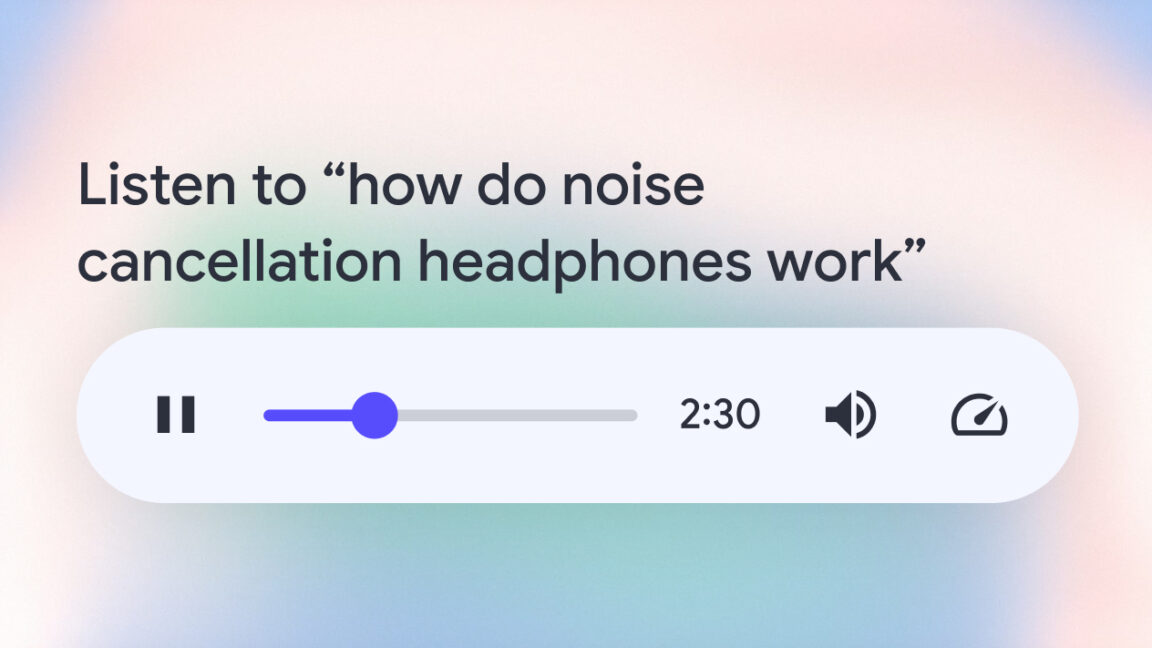AI is Bringing New Hope to the Undiagnosed
If you or someone you love has faced a medical mystery—a child with unexplained symptoms, a diagnosis that never quite fits—you know the agony of waiting for answers. For many families, the search for a diagnosis can take years, filled with uncertainty, frustration, and fear. But today, something remarkable is happening behind the scenes: Artificial intelligence is quietly transforming how quickly and accurately we can find those answers. The data dilemma Over the past decade, the rise of genetic testing has given us unprecedented power to diagnose rare and complex diseases. However, sequencing a genome’s worth of information generates a staggering amount of data. Imagine trying to find a single typo in a library of books. For doctors, making sense of this information can be labor intensive and time-consuming, and for families waiting for answers, every minute matters. AI is helping us solve this data dilemma by reducing the manual burden on clinicians, increasing diagnostic yield, and making advanced genetic testing more accessible. What this means for patients In my time as a clinical geneticist, I’ve interpreted thousands of genome sequences. I can testify firsthand to how much efficiency we gain by leveraging AI in the process. At GeneDx, we’re experimenting with AI tools that help us extract key clinical clues from patient records, prioritize which genetic variants are most likely to matter, and deliver faster, more precise answers for families searching for a diagnosis. This isn’t some futuristic practice we expect to impact in the future – we’re using this technology to help patients, today. GeneDx CEO Katherine Stueland shared more information about how our laboratory is leveraging AI to improve patient care at the recent Fortune AI Summit. AI tools are working to put genetic diagnoses into the hands of families sooner by decreasing the amount of time it takes to interpret a genome sequence. We can support genetics providers so they can work more efficiently and serve more patients. For families, the impact is profound. A faster diagnosis can mean earlier access to therapies, more informed medical management, and—perhaps most importantly—relief from the uncertainty that so often accompanies rare diseases. I’ve seen parents’ shoulders drop in relief when they finally get an answer, and I’ve seen how that clarity can change the trajectory of a child’s care. There is real hope in knowing that technology can bring comfort, direction, and a sense of community to families who have often felt alone in their search for answers. The future is now AI cannot replace the human touch offered by a team of experts, and thus, it’s important to use a “human-in-the-loop” approach, where every AI-generated insight is reviewed and validated by expert medical geneticists. This partnership between human insight and machine learning means medicine can move faster, delivering diagnoses in days instead of months—without sacrificing accuracy or patient care. The key is to keep patients at the center of every innovation. Technology should empower, not overshadow, the human relationships that define great healthcare. With every advance, we’re reminded that hope is not just a byproduct of progress—it’s the reason we pursue it. From diagnosis to discovery The journey doesn’t end with a diagnosis. AI is helping patients move faster toward new treatments, clinical trials, and discoveries. By partnering with biopharma and researchers, we’re turning today’s answers into tomorrow’s cures. As we celebrate the progress we’ve made, I encourage patients, doctors, and policymakers to look beyond the headlines. For patients and families, that might mean asking your doctor about genetic testing or sharing your story to help others on a similar journey. For clinicians, it’s about staying curious and open to new tools that can enhance—not replace—your expertise and compassion. And for those shaping policy or developing technology, it’s a call to champion innovation that is transparent, equitable, and always centered on the needs of real people. AI in healthcare isn’t a distant dream—it’s a reality that’s improving lives today. The future of medicine is here, and it’s more hopeful, more human, and more connected than ever before. Britt Johnson, PhD, FACMG, is head of medical affairs at GeneDx.
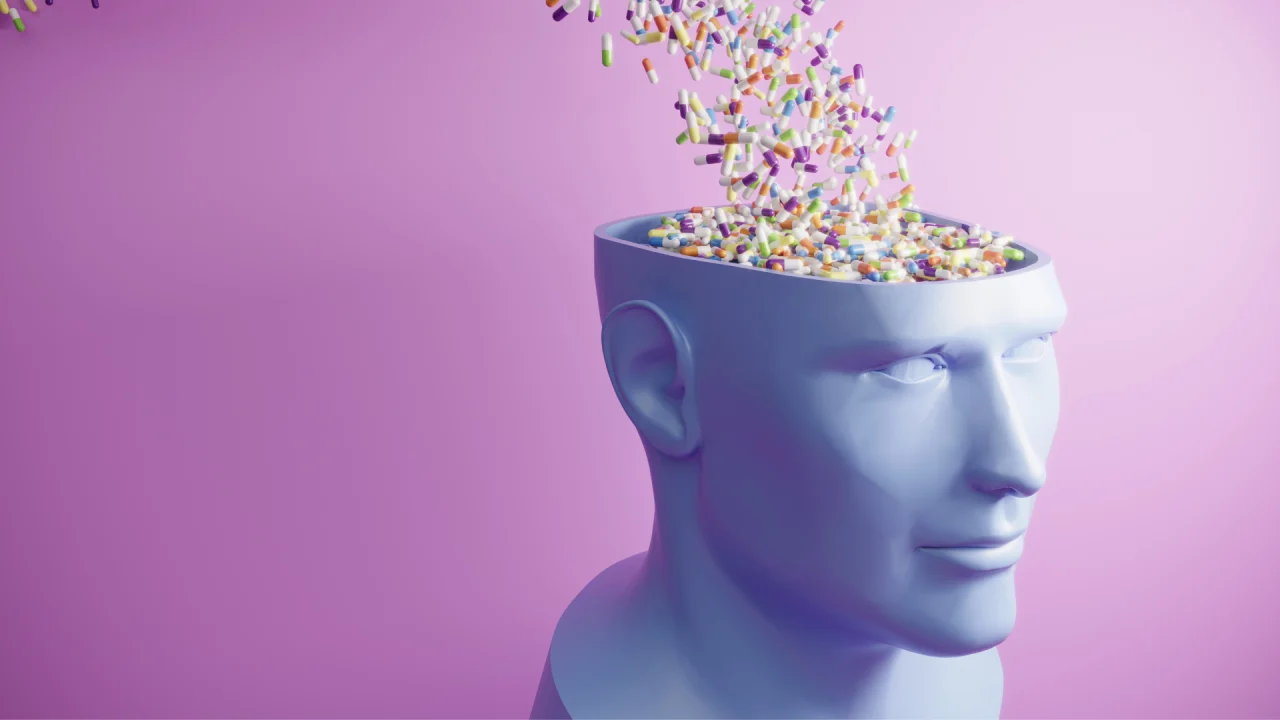
If you or someone you love has faced a medical mystery—a child with unexplained symptoms, a diagnosis that never quite fits—you know the agony of waiting for answers. For many families, the search for a diagnosis can take years, filled with uncertainty, frustration, and fear. But today, something remarkable is happening behind the scenes: Artificial intelligence is quietly transforming how quickly and accurately we can find those answers.
The data dilemma
Over the past decade, the rise of genetic testing has given us unprecedented power to diagnose rare and complex diseases. However, sequencing a genome’s worth of information generates a staggering amount of data. Imagine trying to find a single typo in a library of books. For doctors, making sense of this information can be labor intensive and time-consuming, and for families waiting for answers, every minute matters.
AI is helping us solve this data dilemma by reducing the manual burden on clinicians, increasing diagnostic yield, and making advanced genetic testing more accessible.
What this means for patients
In my time as a clinical geneticist, I’ve interpreted thousands of genome sequences. I can testify firsthand to how much efficiency we gain by leveraging AI in the process. At GeneDx, we’re experimenting with AI tools that help us extract key clinical clues from patient records, prioritize which genetic variants are most likely to matter, and deliver faster, more precise answers for families searching for a diagnosis. This isn’t some futuristic practice we expect to impact in the future – we’re using this technology to help patients, today.
GeneDx CEO Katherine Stueland shared more information about how our laboratory is leveraging AI to improve patient care at the recent Fortune AI Summit. AI tools are working to put genetic diagnoses into the hands of families sooner by decreasing the amount of time it takes to interpret a genome sequence. We can support genetics providers so they can work more efficiently and serve more patients.
For families, the impact is profound. A faster diagnosis can mean earlier access to therapies, more informed medical management, and—perhaps most importantly—relief from the uncertainty that so often accompanies rare diseases. I’ve seen parents’ shoulders drop in relief when they finally get an answer, and I’ve seen how that clarity can change the trajectory of a child’s care. There is real hope in knowing that technology can bring comfort, direction, and a sense of community to families who have often felt alone in their search for answers.
The future is now
AI cannot replace the human touch offered by a team of experts, and thus, it’s important to use a “human-in-the-loop” approach, where every AI-generated insight is reviewed and validated by expert medical geneticists. This partnership between human insight and machine learning means medicine can move faster, delivering diagnoses in days instead of months—without sacrificing accuracy or patient care.
The key is to keep patients at the center of every innovation. Technology should empower, not overshadow, the human relationships that define great healthcare. With every advance, we’re reminded that hope is not just a byproduct of progress—it’s the reason we pursue it.
From diagnosis to discovery
The journey doesn’t end with a diagnosis. AI is helping patients move faster toward new treatments, clinical trials, and discoveries. By partnering with biopharma and researchers, we’re turning today’s answers into tomorrow’s cures.
As we celebrate the progress we’ve made, I encourage patients, doctors, and policymakers to look beyond the headlines. For patients and families, that might mean asking your doctor about genetic testing or sharing your story to help others on a similar journey. For clinicians, it’s about staying curious and open to new tools that can enhance—not replace—your expertise and compassion. And for those shaping policy or developing technology, it’s a call to champion innovation that is transparent, equitable, and always centered on the needs of real people.
AI in healthcare isn’t a distant dream—it’s a reality that’s improving lives today. The future of medicine is here, and it’s more hopeful, more human, and more connected than ever before.
Britt Johnson, PhD, FACMG, is head of medical affairs at GeneDx.




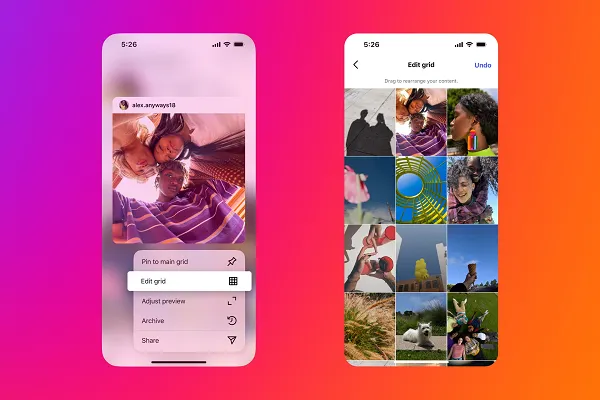
![X Highlights Back-To-School Marketing Opportunities [Infographic]](https://imgproxy.divecdn.com/dM1TxaOzbLu_kb9YjLpd7P_E_B_FkFsuKp2uSGPS5i8/g:ce/rs:fit:770:435/Z3M6Ly9kaXZlc2l0ZS1zdG9yYWdlL2RpdmVpbWFnZS94X2JhY2tfdG9fc2Nob29sMi5wbmc=.webp)
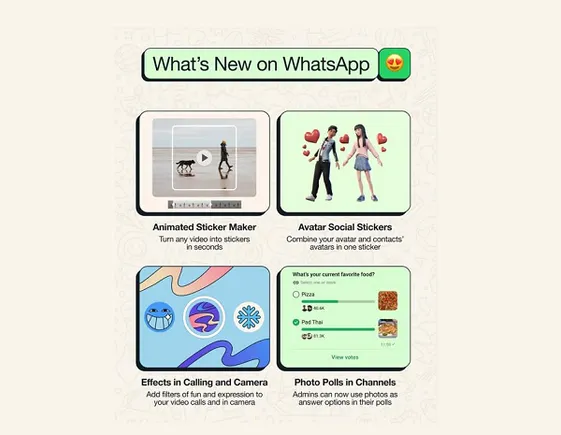
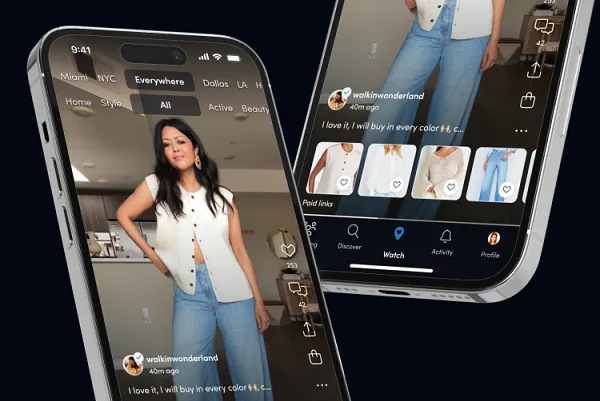









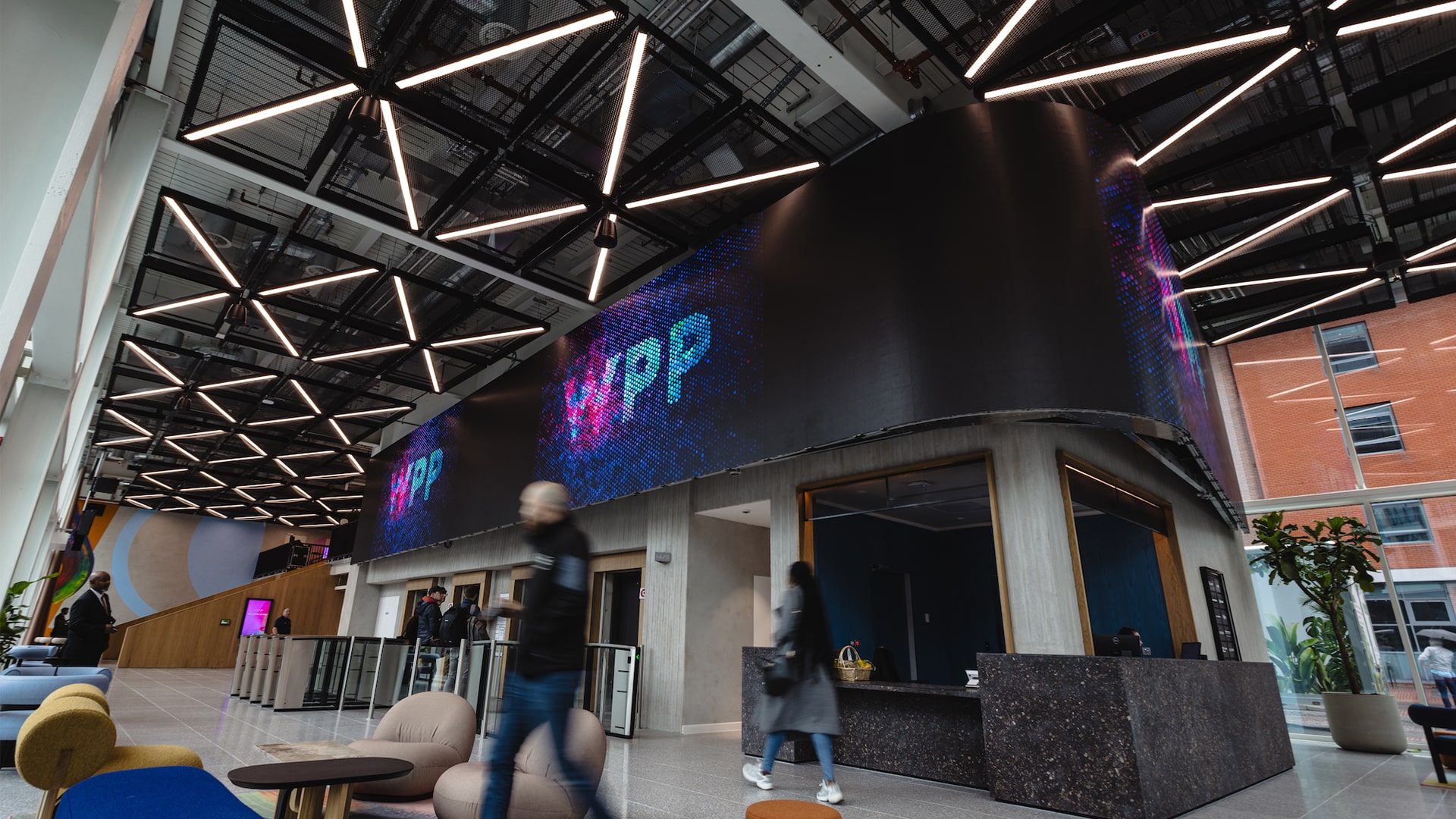













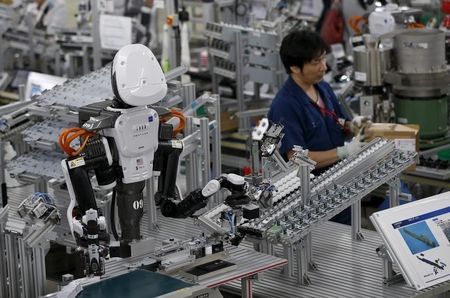



















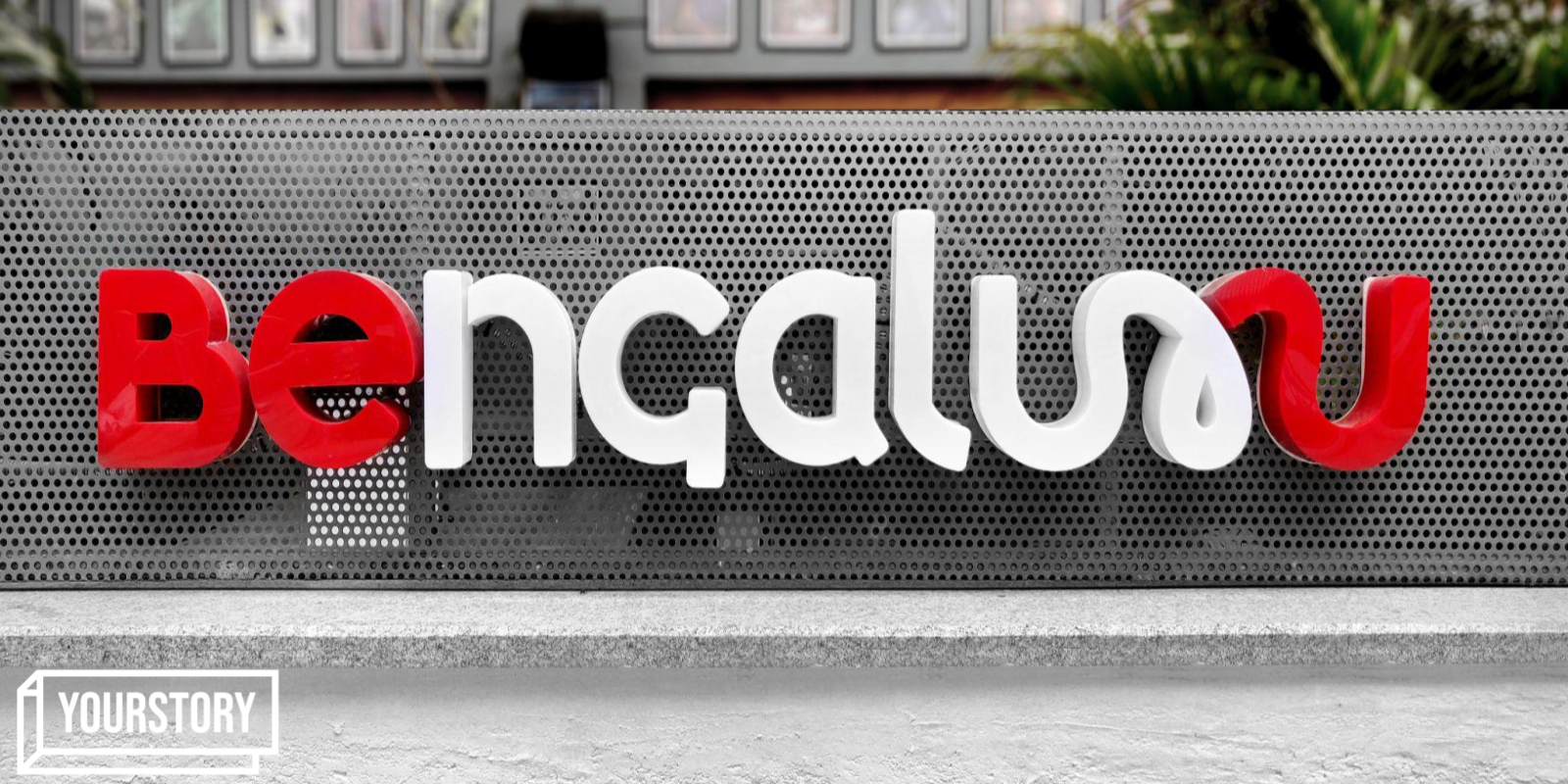








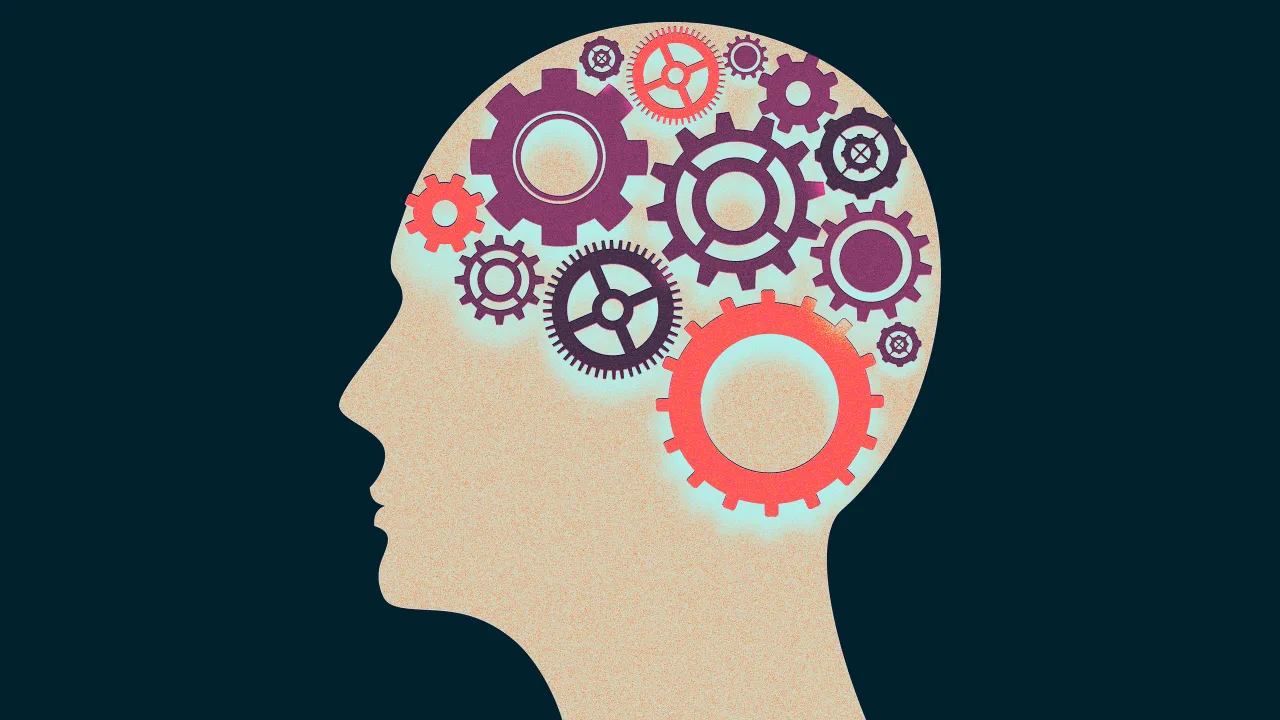








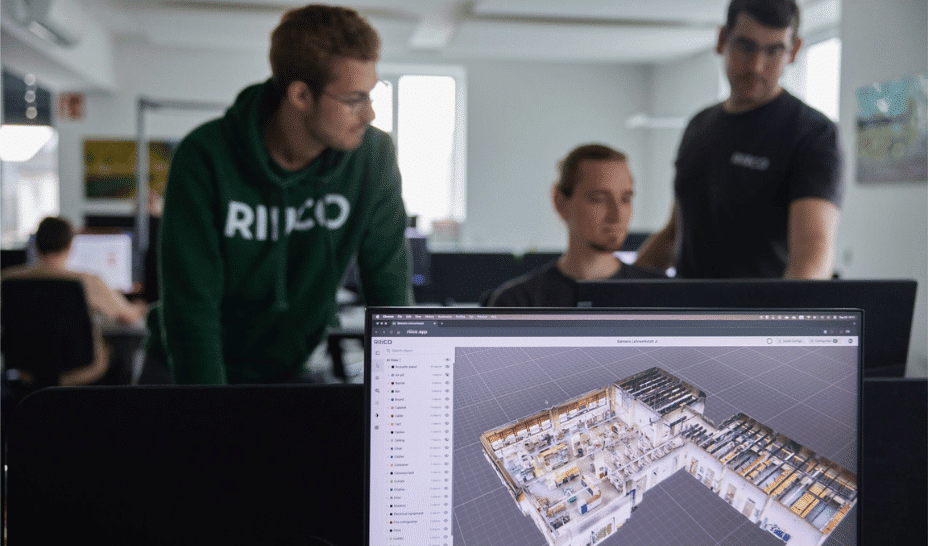
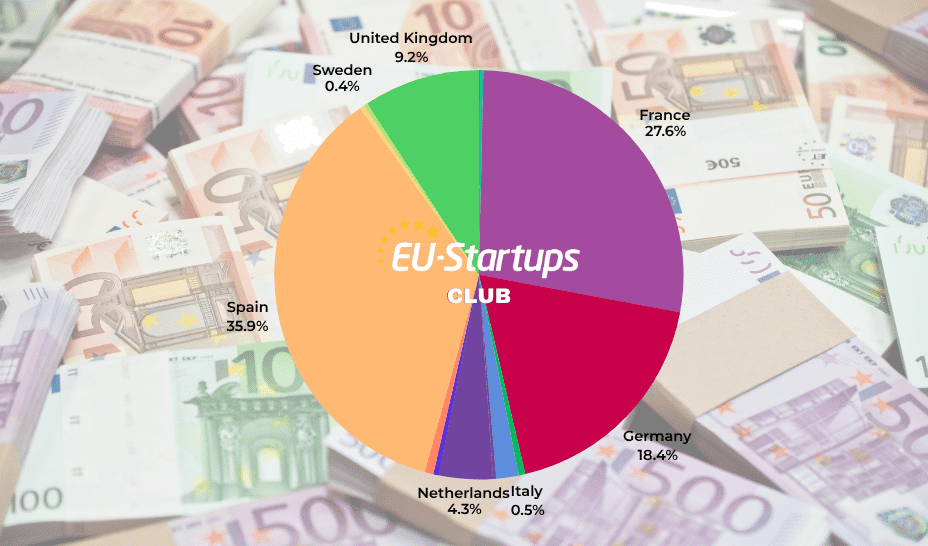

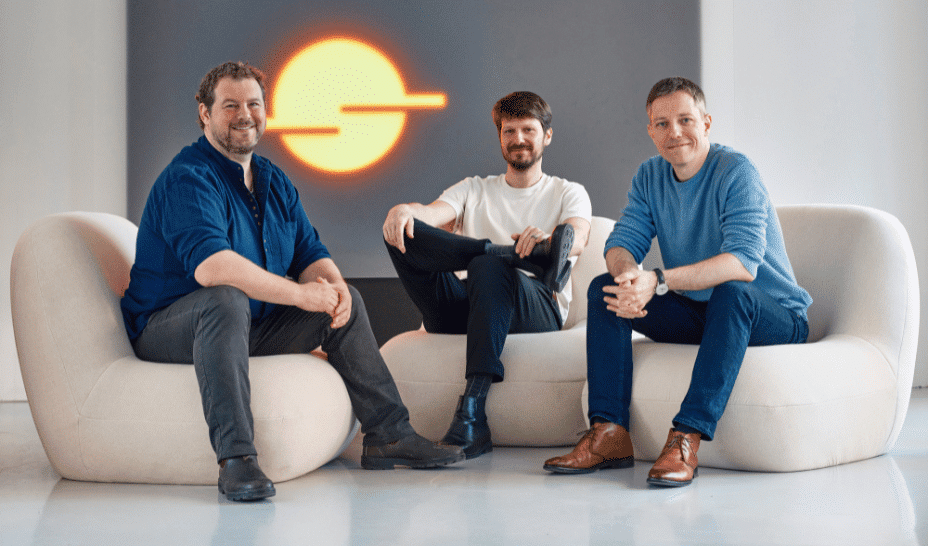



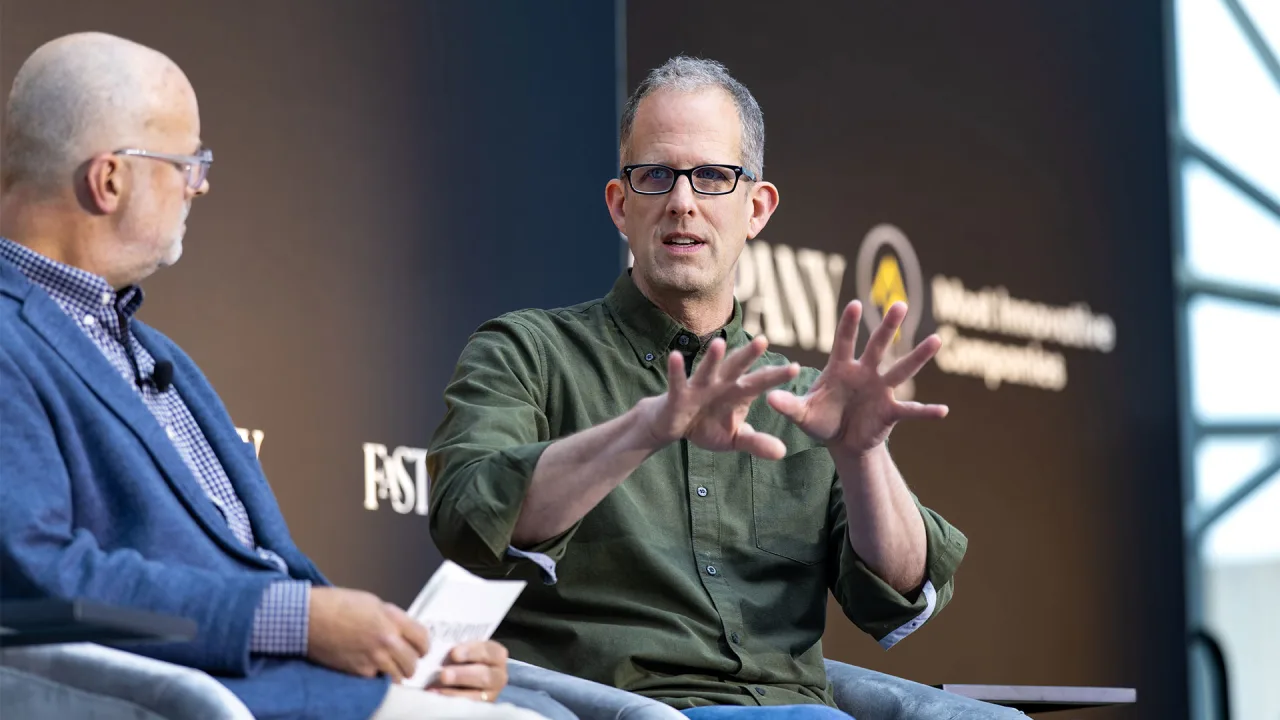
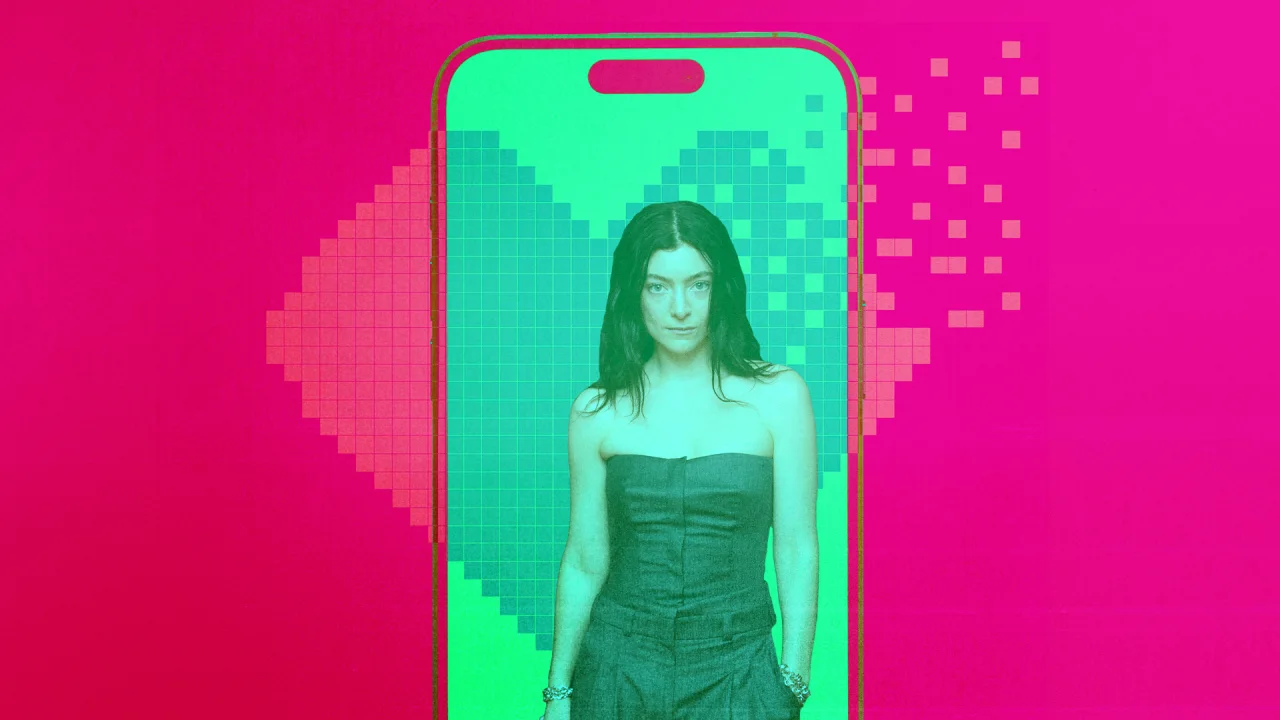






























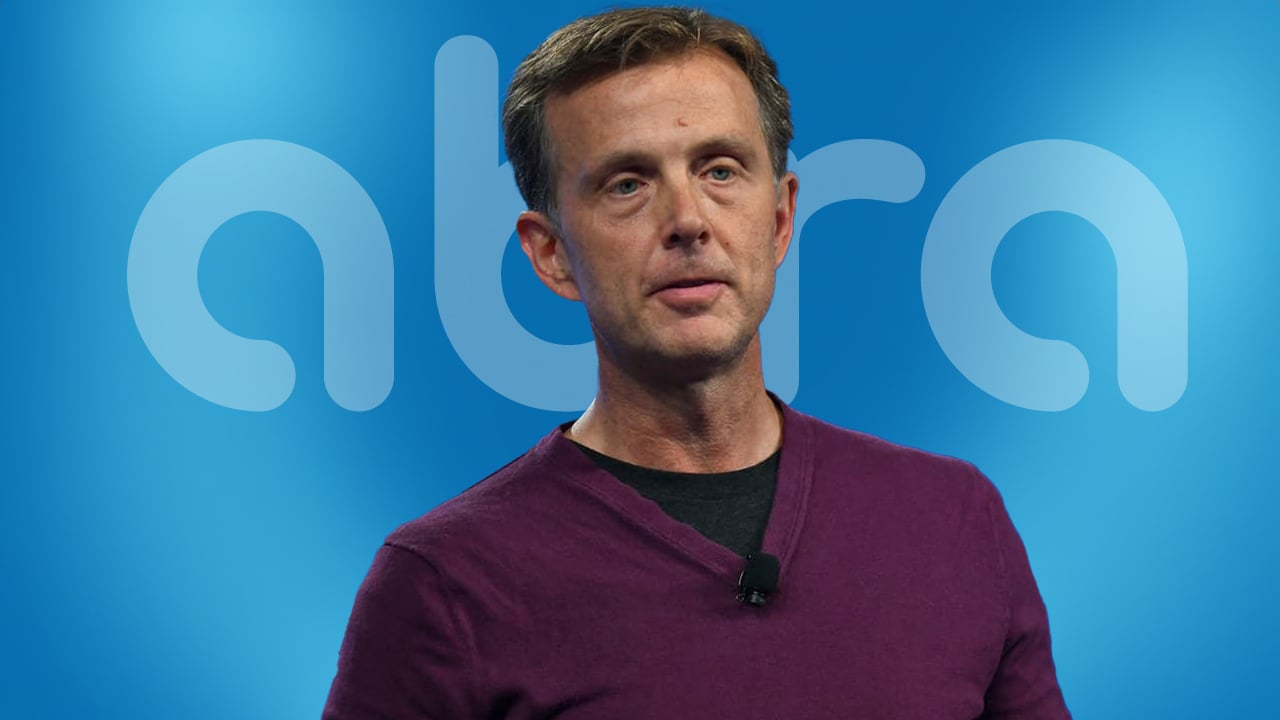
























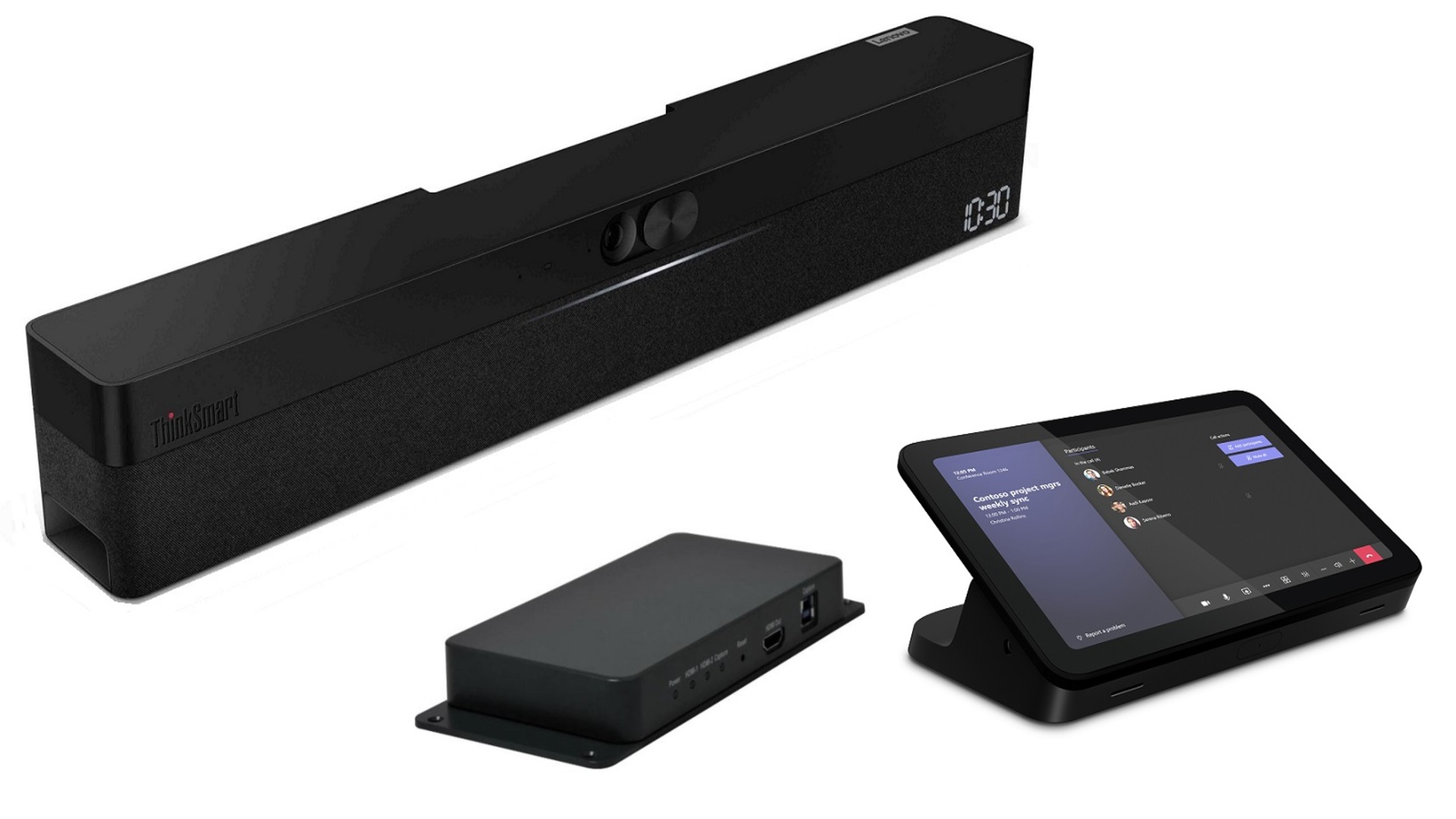




































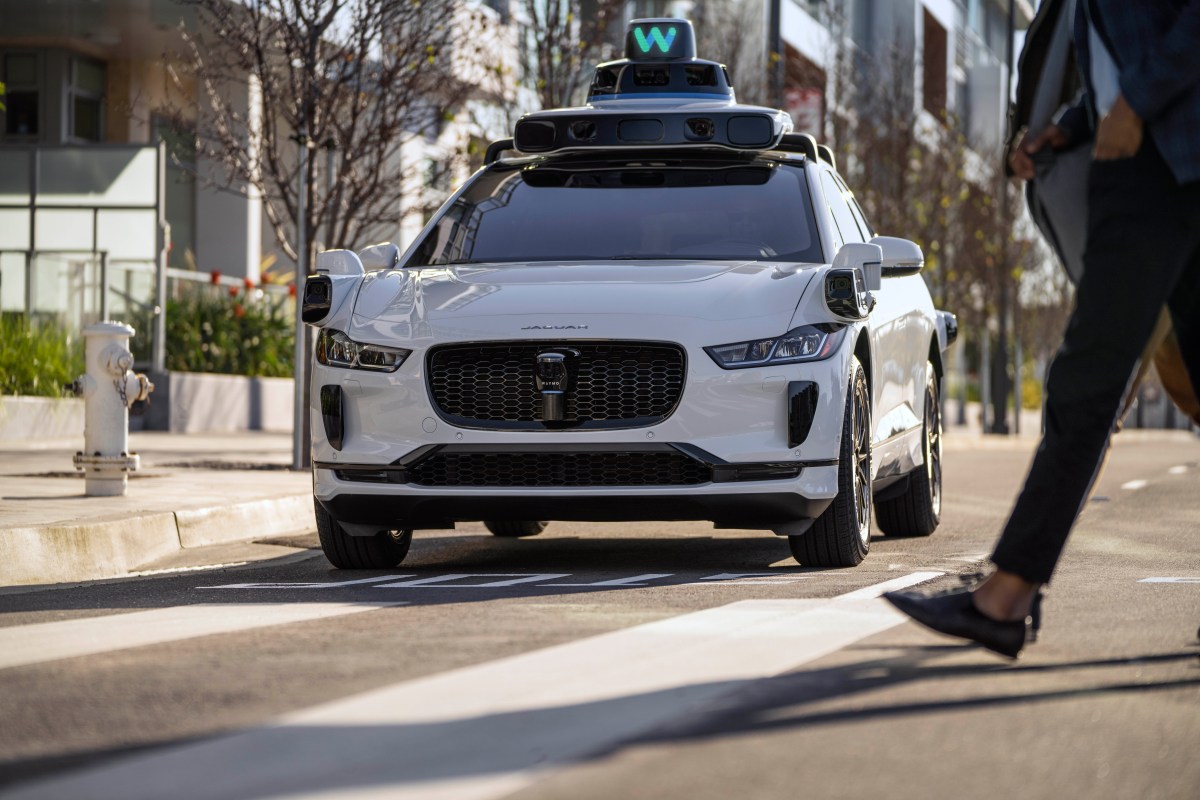
.png)











